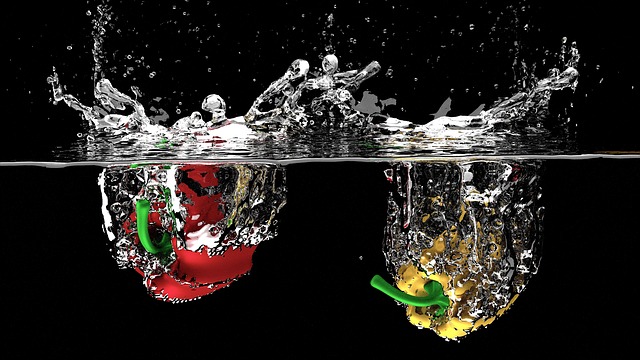Introduction
Protein shakes have become a popular choice for individuals looking to increase their protein intake and support their fitness goals. However, some people may experience bloating after consuming protein shakes, which can be uncomfortable and inconvenient. In this article, we will explore effective strategies to reduce bloating from protein shakes, allowing you to enjoy the benefits of protein supplementation without any digestive discomfort.
Understanding the Causes of Bloating
Before we delve into the solutions, it’s important to understand the causes of bloating after consuming protein shakes. Bloating can occur due to various factors, including:
1. Lactose Intolerance: Many protein shakes contain dairy-based ingredients, such as whey or casein. If you are lactose intolerant, the lactose present in these shakes can cause digestive issues and bloating.
2. Artificial Sweeteners: Some protein shakes use artificial sweeteners to enhance their taste without adding extra calories. However, these sweeteners, such as sorbitol or xylitol, can cause bloating and gas in certain individuals.
3. High Fiber Content: Protein shakes that contain added fiber can also contribute to bloating, especially if you are not accustomed to consuming high amounts of fiber in your diet.
Strategies to Reduce Bloating
Now that we have identified the potential causes, let’s explore effective strategies to reduce bloating from protein shakes:
1. Opt for Lactose-Free Protein Shakes: If you are lactose intolerant or suspect lactose as the cause of your bloating, consider switching to lactose-free protein shakes. These shakes are formulated without lactose, making them easier to digest and reducing the likelihood of bloating.
2. Choose Protein Shakes with Natural Sweeteners: Look for protein shakes that use natural sweeteners like stevia or monk fruit extract instead of artificial sweeteners. These natural alternatives are less likely to cause bloating and digestive discomfort.
3. Gradually Increase Fiber Intake: If your protein shake contains added fiber, gradually increase your fiber intake to allow your body to adjust. Start with smaller amounts of fiber and gradually increase it over time. This will help minimize bloating and allow your digestive system to adapt to the higher fiber content.
4. Ensure Proper Mixing: When preparing your protein shake, ensure that it is well-mixed to avoid clumps or undissolved powder. Clumps can be harder to digest and may contribute to bloating. Use a blender or shaker bottle to achieve a smooth consistency.
5. Drink Sufficient Water: Adequate hydration is essential for proper digestion. Make sure to drink enough water throughout the day, especially when consuming protein shakes. Water helps move the protein shake through your digestive system and can alleviate bloating.
6. Consider Digestive Enzymes: Digestive enzyme supplements can assist in breaking down proteins and improving digestion. Consult with a healthcare professional to determine if digestive enzyme supplements are suitable for you.
Conclusion
Bloating after consuming protein shakes can be a common issue, but it doesn’t have to hinder your progress or enjoyment of these supplements. By opting for lactose-free shakes, choosing natural sweeteners, gradually increasing fiber intake, ensuring proper mixing, staying hydrated, and considering digestive enzymes, you can reduce bloating and enjoy the benefits of protein shakes without discomfort.
References
1. Mayo Clinic: www.mayoclinic.org
2. National Institute of Diabetes and Digestive and Kidney Diseases: www.niddk.nih.gov
3. Healthline: www.healthline.com













